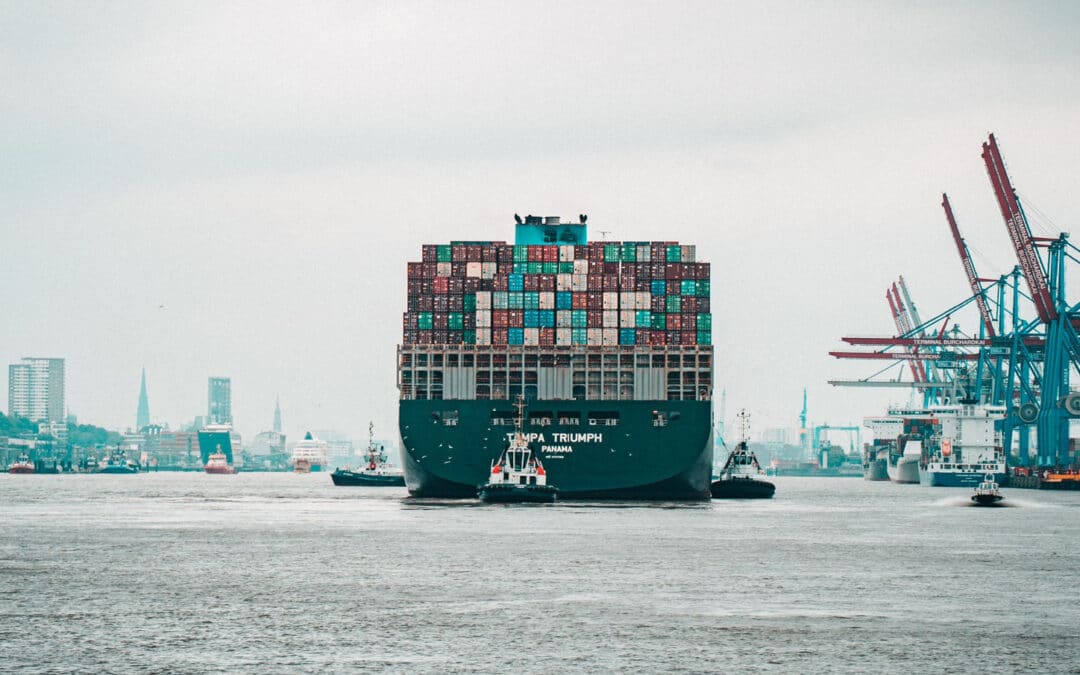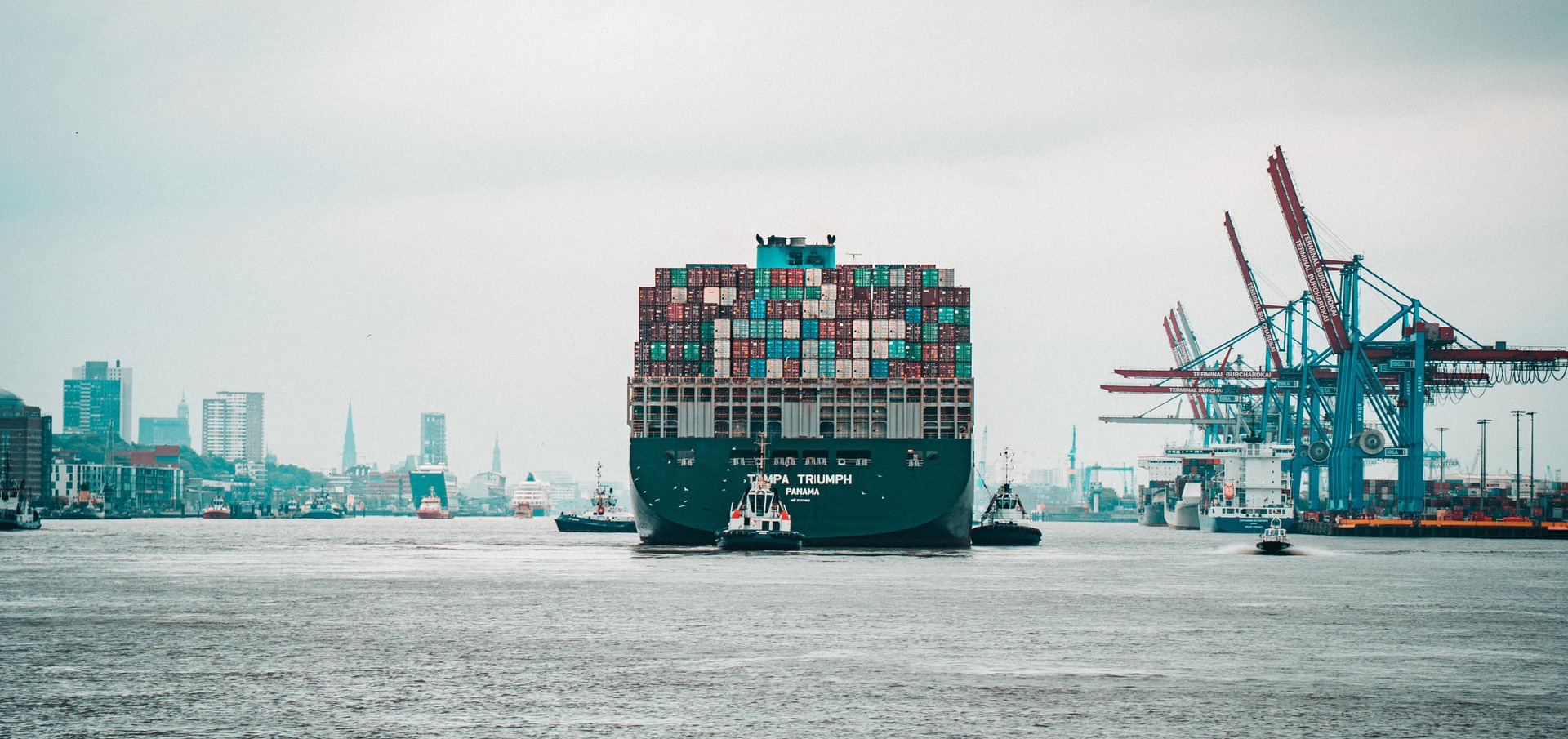
Interstate cannabis commerce bill introduced in California

California has always been at the forefront of cannabis legalization. As one of the first states to legalize medical and recreational cannabis, other states looked to California for the outline of legal cannabis.
But despite its progressive policies regarding cannabis, California has not been able to develop and maintain a strong legal cannabis industry. This is for a wide range of reasons, from strict and expansive regulations to exorbitant application and licensing fees. Not to mention the massive illicit market that still operates within the state, in part due to the current barriers to entry into the legal market.
Some would argue that the solution to California’s cannabis industry woes is to simplify the application process, lessen the cost of licensing and give cultivators and retail owners the resources they need to stay within regulation. However the state is taking a different approach to profiting off an industry with an oversupply of cannabis.
SB1326 has been introduced to approve interstate commercial transactions for cannabis products. This means that if passed, California would be able to import and export cannabis products from other legal cannabis states. For example a state that recently legalized cannabis but does not yet have enough supply to meet demand could import products from California to fill the gaps.
If this bill sounds familiar, it may be because Oregon passed something similar in 2019. However since they were the only state with a law allowing export of cannabis, and no states have a law allowing imports, the law is basically moot.
The interstate cannabis commerce bill wouldn’t just be restricted to recreational cannabis either. California also has one of the country’s oldest medical cannabis programs and would be able to provide medical cannabis to neighboring states as well.
Even with the largest illicit market of cannabis production in the country, California’s legal recreational market is still oversupplied. The hope with SB 1326 is that some of that supply can be sent to other states to make the industry more profitable for those participating legally.
Critics of the bill have shown concern however over wording that could remove the opt-out clause currently in place in the state.
Most states with legal cannabis programs will have opt-out clauses that permit municipalities to opt-out of legal cannabis business in their localities. Those criticizing SB 1326 believe that the new bill will overshadow the opt-out clause, but lawmakers believe that it will actually give the municipalities more options than the opt-out clause itself provides.
The interstate cannabis commerce bill also places restrictions on who can enter the new market if it passes.
“The bill would prohibit an entity with a commercial cannabis license issued under the laws of another state from engaging in commercial cannabis activity within the boundaries of this state without a state license, or within a local jurisdiction without a license, permit, or other authorization issued by the local jurisdiction,” the bill’s text reads.
This line should reassure smaller towns and local businesses that multi-state operators won’t be able to just storm in and take over. And at this time, officials in the cannabis industry want to focus on leveling out the supply in California before they begin accepting any imports.








